When we talk about smartphone features, we often concentrate on things like cameras, built-in apps and — these days — artificial intelligence. What we often forget about, though, is the "phone" part of smartphone. And the device makers themselves are just as guilty of that as the rest of us.
To its credit, Apple has put more thought into what its Phone app can do in recent iOS updates, with the iOS 18 release bringing the long-sought ability to record phone calls directly in the app. (Get an iPhone that supports Apple Intelligence, and you can even get an AI-generated summary of your recorded phone call.) Prior to iOS 18, Apple added other fine touches to the Phone app like real-time transcripts of calls that go to voicemail.
And yet, I feel like Apple could do more with incoming phone calls, particularly now that it's rolling out more AI-powered features with Apple Intelligence. All Apple has to do is look at how the latest Google Pixel phones handle phone calls for a little inspiration.
Who's calling, please?
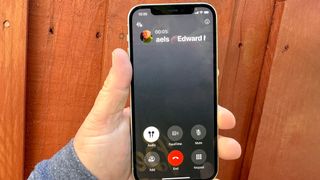
You don't need me to tell you that we're currently living through an epidemic of spam phone calls. Your iPhone starts to ring, an unfamiliar number pops up on the screen, and it's safe to assume that if you answer, a robot on the other end of the line will try to sell you a time-share or offer to erase your credit card debt or make some other unsolicited pitch that makes you rue the invention of the telephone. So naturally, you never pick your phone.
The trouble is, sometimes those calls from unfamiliar numbers are ones that you need to take, whether it's from a service provider that's not yet stored in your contacts or a family member calling from a different number. Yes, those callers can leave a message in voice mail, but it would be more ideal if you could field those calls more directly.
Then again, there are other times when you're not necessarily screening calls, but maybe you need to know how important the incoming call is. I've got parents who you'd fairly describe as elderly, and sometimes they call me when I'm in a meeting or in the middle of making dinner or visting the loo. In those instance, I'd like to know right away if this is an emergency call that I should take immediately or just a cal to chit-chat that I can return at a more convenient time.
The iPhone's Live Voicemail feature can fill that purpose to some extent. But I know there's a better way of handling it, because I've seen how the Pixel takes care of incoming calls.
Lessons from the Google Pixel
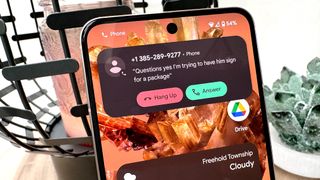
The Pixel 8 series released in 2023 introduced an update to Google's Call Screen feature that should be a template for other phone makers to adopt and improve upon. Previous iterations of smart phone features on the Pixel phone had helped you navigate phone directories, with Call Screen detecting and filtering out spam calls. With the Pixel 8, Google took things to the next level by tasking the digital assistant with finding out why people are calling.
Here's how it works, if you never gotten the chance to try out Call Screen on a Pixel. When a phone call comes in, the Pixel's digital assistant fields the call, answering in voice that sounds remarkably life-like — or at the very least, not robotic. When the caller states their business, the response appears on your phone screen in real-time so you can decide whether it's important enough to answer. Subsequent updates to Call Screen even let you confirm appointments with doctor's offices and other places with a tap, saving you from having to answer the call yourself.
You can't tell me that Apple Intelligence won't be able to power a similar feature on the iPhone at some point in the future. I could even see a future update adding an Apple-esque twist by personalizing the way calls are answered for key contacts.
Let's go back to the scenario where my parents are calling in. I would love an Apple Intelligence feature where their calls get answered by a smarter Siri that greets them by name, explains I'm tied up at the moment and asks if they need to speak to me right away — alerting me on the screen if it's an emergency call I need to take.
Apple Intelligence could adopt a similar feature to the Pixel's ability to confirm appointments or acknowledge information. I get a regular robocall from my pharmacy notifying me when my prescriptions are ready, and if I don't answer it, the calls will keep coming until I do. I'd love it if Apple Intelligence could take that call and provide me with a summary of my prescription information afterward.
iPhone phone app outlook
I should note that none of the changes I've talked about above are part of the Apple Intelligence plans Apple has already outlined for the updates coming out well into 2025, as the company build its up its AI-powered toolset. Any further changes to the Phone app on your iPhone are going to have to wait until iOS 19 at the earliest.
But a smarter Phone app feels like an easy win for Apple, as it plays catch-up with other companies like Google and Samsung in equipping its devices with more built-in AI. After all, we may treat our iPhones like miniature computers that we carry around in our pocket, but at the end of the day, it's still a device that makes and receives phone calls. How great it would be if it can do that in an intelligent way.
More from Tom's Guide
- How to use Call Notes on a Google Pixel
- 3 reasons to upgrade your iPhone because of Apple Intelligence
- I took Apple Visual Intelligence to an art gallery to act as my tour guide — here's how it did
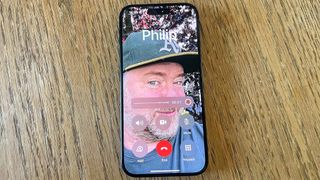


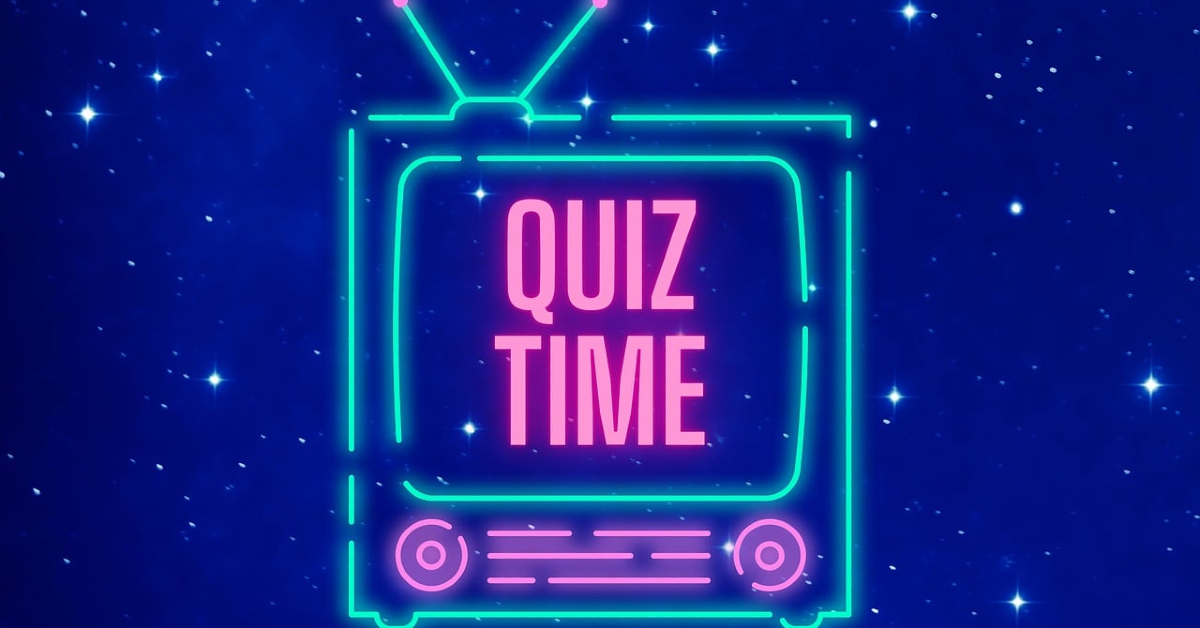



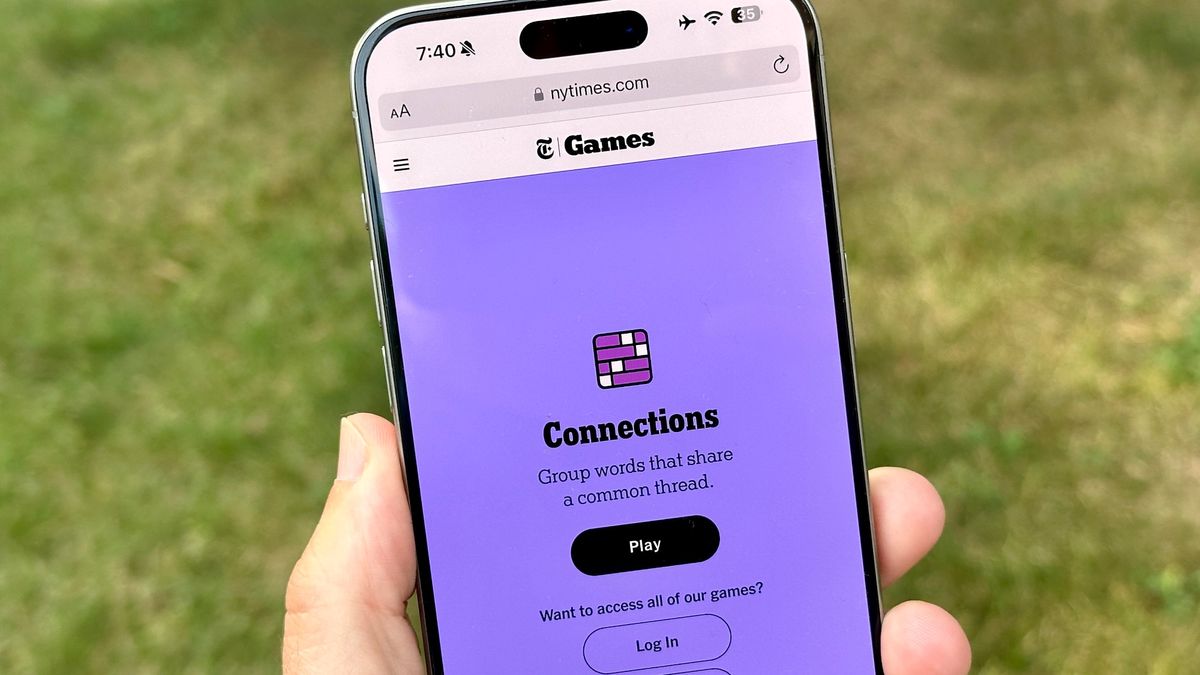


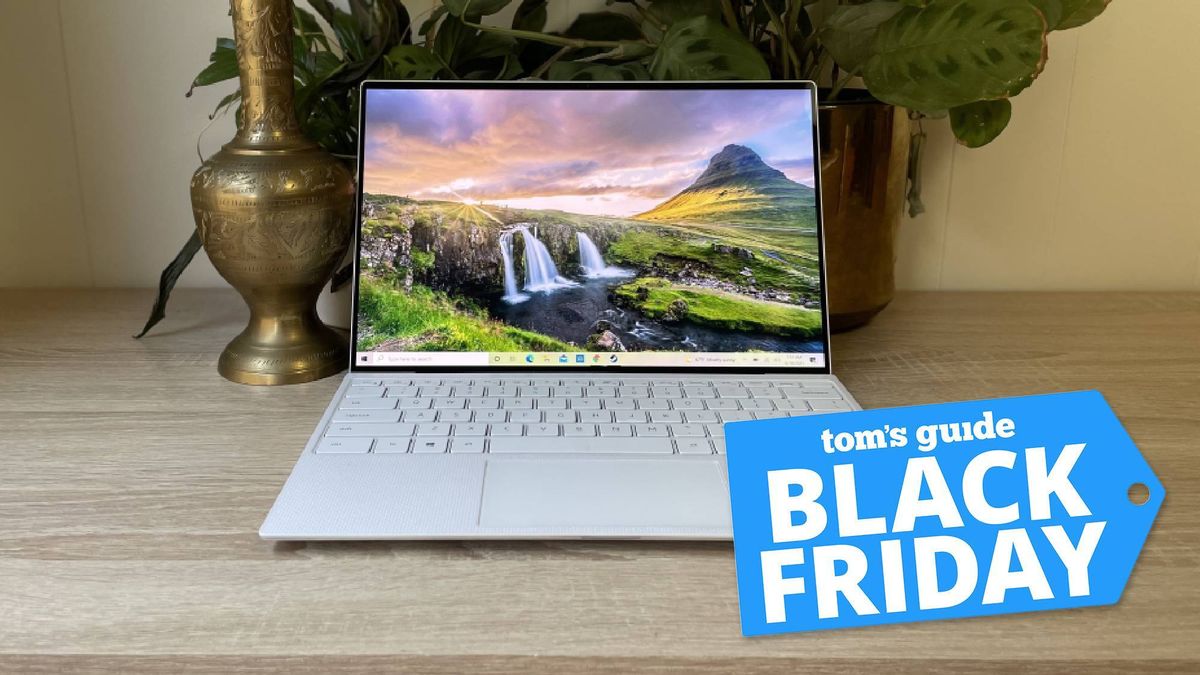
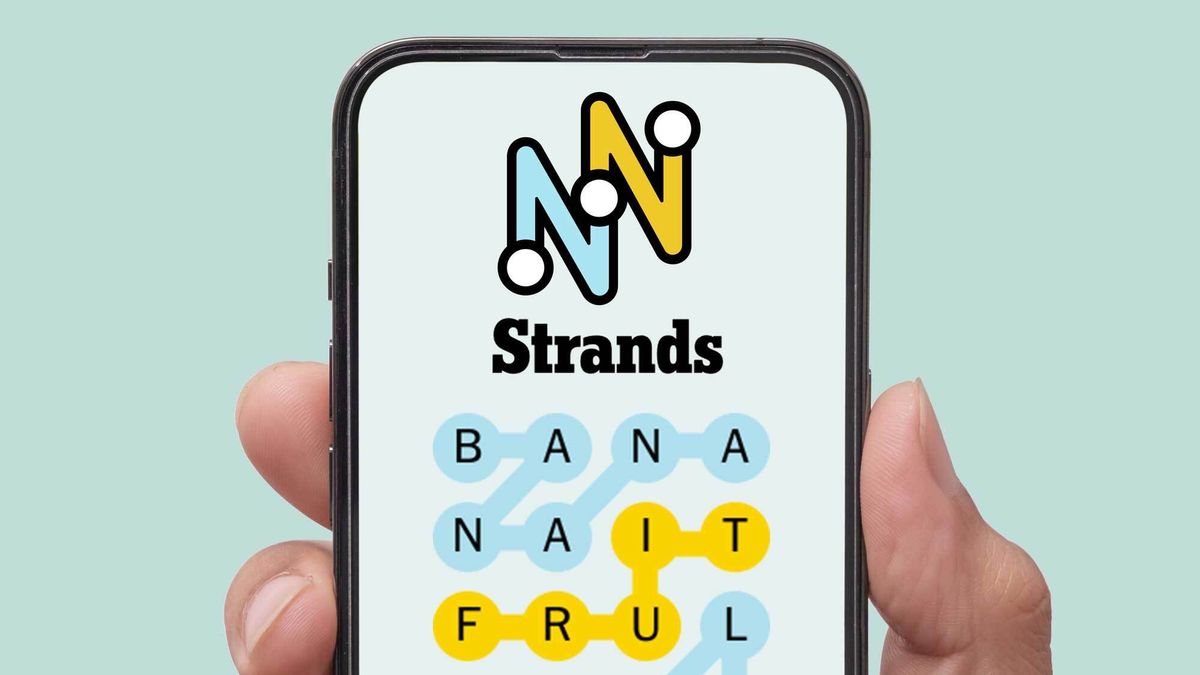









 English (US) ·
English (US) ·